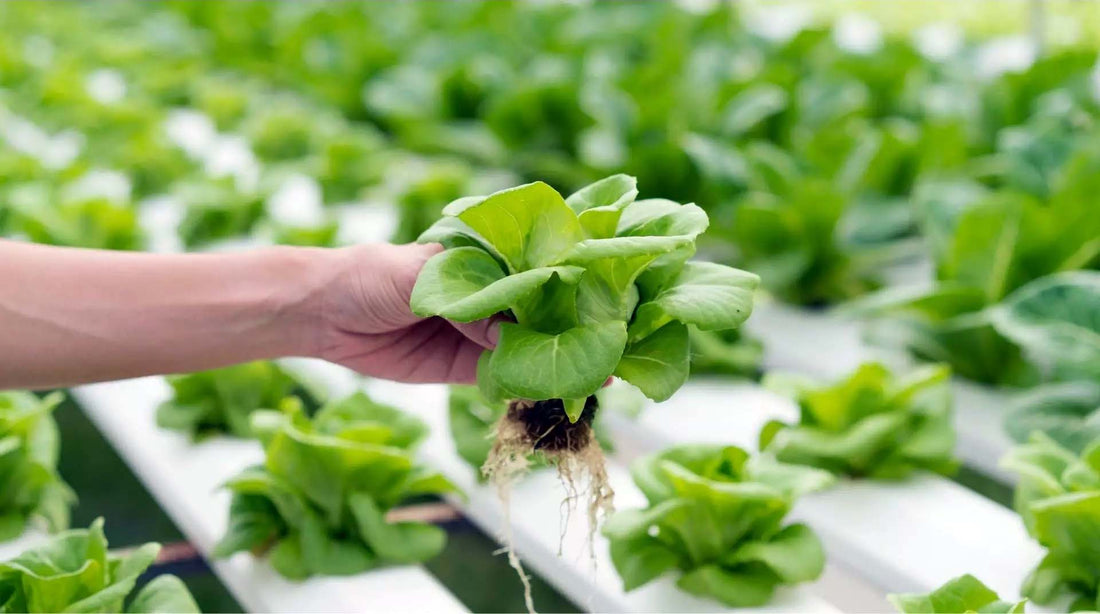
The Advantages of Growing with Water: Top 10 Benefits of Hydroponic Gardening
Hydroponic gardening is a method of growing plants without soil, instead using nutrient-rich water solutions to nourish the plants. The plants are grown in a controlled environment, such as a greenhouse or indoor setting, with the help of artificial lighting and temperature control. This method allows for greater control over the plant's growth and nutrition, resulting in faster growth, higher yields, and the ability to grow plants year-round. Hydroponic gardening is also more water-efficient than traditional soil-based gardening, as the water can be recirculated and reused. It's gaining popularity as a sustainable and efficient way to grow fresh produce for personal or commercial use.
Here are 10 benefits of hydroponic growing vegetables:
Hydroponic systems use up to 90% less water than traditional soil-based growing methods because the water is constantly recirculated and reused.
Hydroponic systems can be set up vertically, allowing growers to produce a large quantity of vegetables in a small space.
Hydroponic systems can produce higher yields of vegetables than traditional soil-based methods because the plants are grown in a controlled environment with the ideal amount of nutrients, light, and water.
Since hydroponic systems do not use soil, there is a lower risk of soil-borne diseases that can damage crops.
Hydroponic systems do not require any weeding, which can save time and labor costs.
Hydroponic systems can produce vegetables faster than traditional soil-based methods because the plants have constant access to nutrients and water.
Hydroponic systems use less fertilizer than traditional soil-based methods because the nutrients are delivered directly to the plants' roots.
Hydroponic systems allow growers to easily control the temperature, humidity, light, and nutrient levels, creating an optimal growing environment for vegetables.
Hydroponic systems are less susceptible to pest problems than traditional soil-based methods because they are grown indoors in a controlled environment.
Hydroponic systems allow for year-round vegetable production, regardless of the weather or climate.

